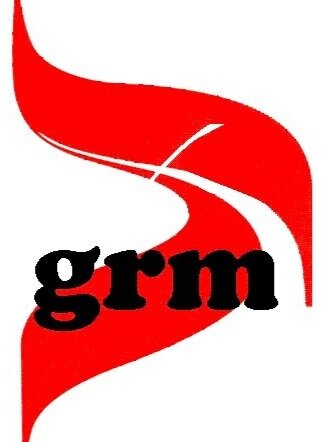Women & Problem Gambling
While all problem gamblers share a certain set of characteristics, women do bring their own set of issues that influence their behaviors. Understanding these issues can help identify a problem and determine the best method of treatment.
Profile of a Female Gambler
(1) 95% OF FEMALE GAMBLERS ARE ESCAPE GAMBLERS
a death of someone close (spouse, parent, or child)
caretaking responsibilities (child rearing or an aging parent)
job stress (need to relax or have the right to relax)
(2) THE MAJORITY OF FEMALE GAMBLERS ARE CLOSET GAMBLERS
hiding the extent of the gambling from family and friends
ease of hiding because of the control of family finances
(3) THEY SUFFER FROM FEELINGS OF ISOLATION
they don’t want the spouse to know for fear of their reaction, such as divorce, being belittled, loss of financial independence
they suffer from feelings of going crazy and no one else could possibly understand
they have no idea where to turn for help
they fear abandonment and loss of love from family and friends, especially their spouse
(4) WOMEN SEEKING HELP
women seeking help for gambling problems start gambling later in life than men
women have more rapid progression into problem gambling than men (female escape gamblers: 6 – 24 months)
women seeking help are most likely to cite electronic gaming machines as their primary problem; these machines may give them a sense of freedom from their personal sense of powerlessness
like men, women seeking help often have co-morbid problems with alcohol and substance abuse as well as depression
TREATING WOMEN PROBLEM GAMBLERS
When seeking treatment, it is important to recognize that there are some hurdles. Getting past these issues can make treatment more effective:
deficits in self-confidence and problem-solving skills are common among male and female gamblers (Borsoi & Toneatto, 2003)
both male and female problem gamblers rely excessively on avoidant coping styles (Thomas & Moore, 2003): not talking about their gambling problems
women do bring some gender-specific issues into treatment that must be addressed
** experiences of abuse
** care-giving demands
** emotional issues with autonomy and rebellionStep 1 – admitting powerlessness – in 12 Step Programs may present a dilemma for women who find a sense of power and freedom in their escape world of gambling
A CALL FOR FURTHER RESEARCH!
As increasing numbers of women attend GA Meetings and seek treatment for problem gambling, a need for further research of issues related to female gamblers is apparent. Here are some topics for continued study and research:
• What are the protective factors that keep women from gambling?
• What factors facilitate quicker, deeper involvement in gambling for women?
• Do men and women begin and continue gambling for different reasons?
• Deficits in problem-solving skills and coping strategies: are they a symptom or a precursor of gambling problems?
What Resources are Available?
National Problem Gambling Help Line: (800) 522-4700
The National Problem Gambling Help Line provides help to people with gambling problems and their families.
Callers receive confidential, professional service from trained counselors. The line operates 24 hours a day, seven days a week and is free of charge.
Indiana Help Line: (800) 994-8448
Gambling Recovery Ministries:
(855) 926-0761Gamblers Anonymous (GA)
GA HOTLINE: 855-222-5542
www.gamblersanonymous.orgGam-Anon
Gam-Anon: A peer-led support group, Gam-Anon provides a supportive environment for the spouses, relatives, or close friends of- problem gamblers to share their experiences. There is no membership fee. A list of local meetings is available by calling the above Problem Gambling Help Lines.
International Hotline: 718-352-1671
www.gam-anon.org
If you or someone you know needs help with problem
gambling, reach out – we’re here to help.

